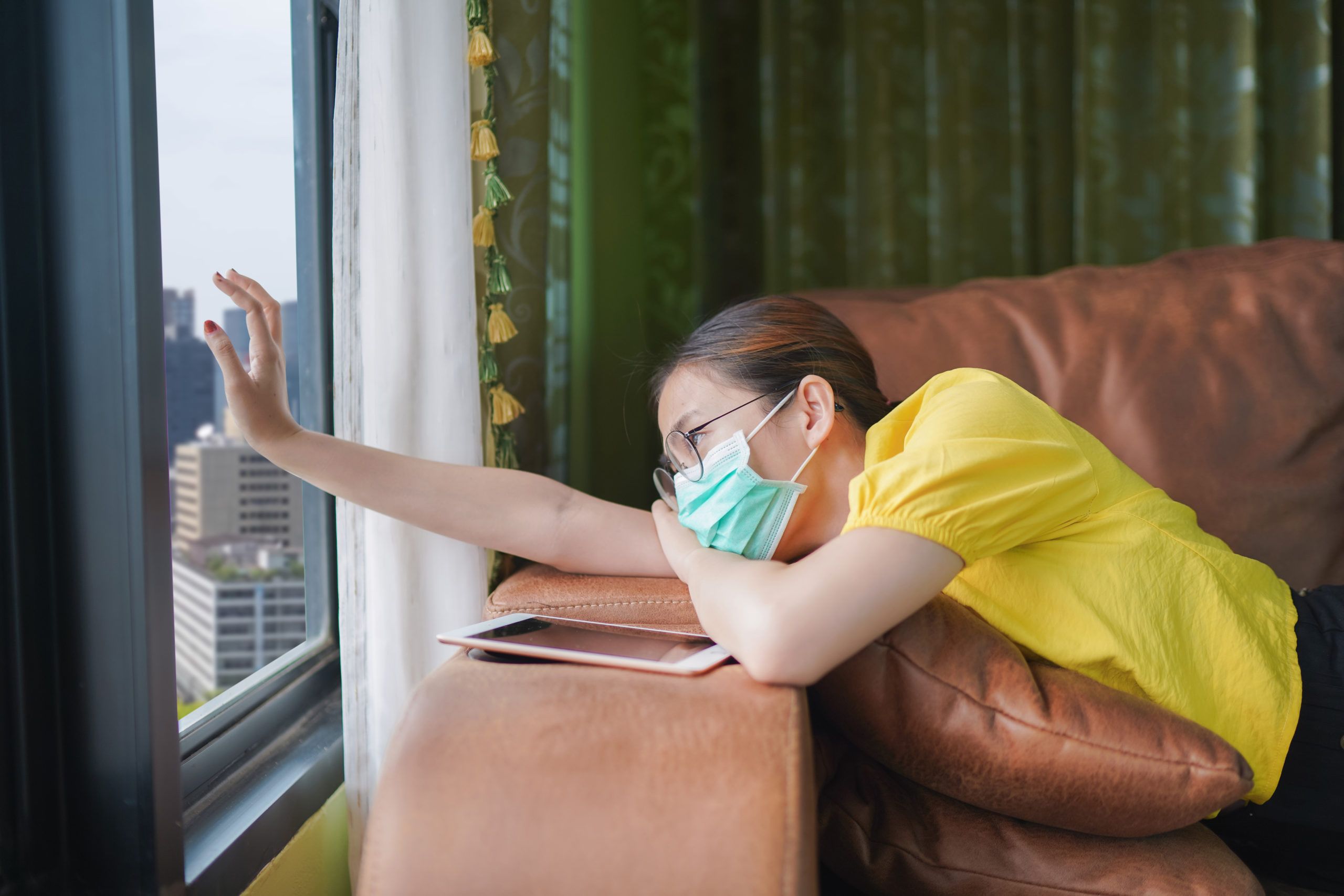
Laughter helps relieve COVID caution fatigue
“I am so over it,” a friend sighed as I stepped back from her attempt to hug me a few days ago.
I got what she was saying. I am a hugger by nature but the mantra – clean hands, keep distance, avoid touch, stay home if sick — played its loop in my head.
Since March, we have been bombarded by information about COVID-19. Every radio talkback topic seems to be COVID-related. TV news keeps us updated with an international tally (11.5 million today as I write, in case you were wondering). Practically every advertisement includes statements about ‘these difficult times’.
I live in the Australian state of Queensland.
Queensland Health reports this state’s first new case in 10 days. Since 1 March 2020, there have been 1068 COVID-19 cases in Queensland and 6 lives.
Against those figures, precautions can slip.
American psychologist Jacqueline Gollan warned against ‘COVID caution fatigue’ a couple of months ago.
What is COVID caution fatigue?
It’s the result of chronic stress and it’s natural. The body perceives danger and then, after weeks of hypervigilance, it starts to let the guard down. We get impatient, start to not take the warnings as real or minimise the risk in our minds. I did it myself today without realising: my hand sanitiser was on my desk, not in my handbag, when I popped out. I saw evidence of this fatigue too in the supermarket as a shopper reached across me to grab a bag of carrots.
Gollan likened ‘caution fatigue’ to running low on battery.
We’ve been fortunate in Queensland– but look what’s happened in Victoria!
How can we address COVID caution fatigue?
The primary means of addressing COVID caution fatigue is to reduce our activation of cortisol, the stress hormone.
Some strategies that can boost resilience and decrease stress involve:
· staying physically active
· practising gratitude
· redefining those things we love and miss within the guidelines
· limiting processed foods and alcohol
· remembering the collective good
· doing mind-body practices.
My favourite mind-body practice is, of course, laughter yoga. When you’re laughing, you cannot be anxious or depressed. Worries and fears are banishes for a while. You relax.
Laughter yoga combines movement, and deep breaths, and playfulness. It nurtures the parasympathetic side of our autonomic nervous system, restoring balance. Through laughter yoga, we also strengthen resilience. Our immune system benefits too.
While effectively practised in groups, face-to-face, for 25 years, laughter yoga has found its place as a beneficial online exercise practice too.
In laughter yoga, we are encouraged to breathe deep and stretch, to clap and play (and laugh). We are encouraged to be less serious. And that may be just what’s needed to avoid another COVID wave.
They who laugh, last.
(C) 2020 HeatherJoy Campbell
HeatherJoy Campbell is Queensland’s leading professional laughter wellbeing facilitator and trainer, using the platform of laughter yoga to deliver wellness sessions to communities, workplaces and aged care centres, in person and online. Brisbane-based, she has certification to train others as laughter yoga leaders and has been appointed a global ambassador for Laughter Yoga International.